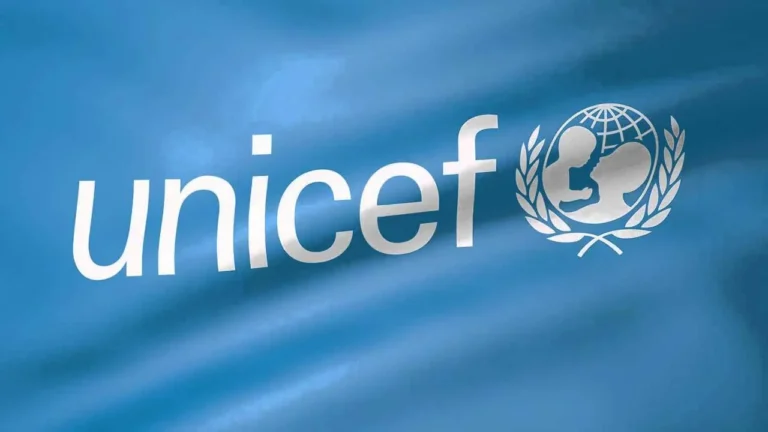By Atoyebi Nike
Health professionals and policy leaders have called for expanded financial commitment to maternal and child health services during a stakeholder dialogue and policy workshop focused on primary healthcare (PHC) financing in Nigeria. The event, hosted by Development Governance International (DGI) Consult with support from UNICEF, took place in Abuja and brought together stakeholders from government and civil society.
Dr. Gafar Alawode, Chief Executive Officer of DGI Consult, said the event aimed to share findings from a detailed public health spending review and rally stakeholders around evidence-driven recommendations. He stressed the importance of prioritizing strategic investments at the state and local levels, particularly in PHC and maternal, newborn, and child health (MNCH).
In his remarks, UNICEF Health Specialist Dr. Sachin Bhokare underscored the need for equitable access to quality healthcare for all Nigerians, especially vulnerable groups. He described the workshop as a key moment to review progress, examine challenges, and align policy efforts with measurable health outcomes.
“This is a time to renew our shared commitment, ensure that budgets translate into better services, and drive meaningful change in the lives of women and children,” Dr. Bhokare stated.
Goodwill messages from several key stakeholders echoed this sentiment. Niger State’s Commissioner for Finance, Mallam Lawal A. Maikano; Dr. Ahmad Abdulwahab of the Nigeria Governors’ Forum; Gombe ALGON Chairman, Mallam Sani Haruna; and Dr. Bolanle Olusola-Faleye of Abt Global, all urged better resource management and targeted investments to close service delivery gaps.
The workshop reviewed data from past health expenditure reviews in Bayelsa, Gombe, Niger, and Taraba States, analyzing budget trends, allocation effectiveness, and spending efficiency. Discussions also examined the impact of the 2022 GAVI PHC Memorandum of Understanding, signed with eight state governments, on boosting state-level health financing.
In wrapping up the engagement, Dr. Alawode highlighted the role of innovative funding strategies—such as models trialed in Niger State—in enhancing service delivery. He also urged participating states to take ownership of the action plans developed during the sessions.
The event served not only to amplify the urgency of better healthcare financing but also to lay the groundwork for sustainable improvements in Nigeria’s primary health system.
